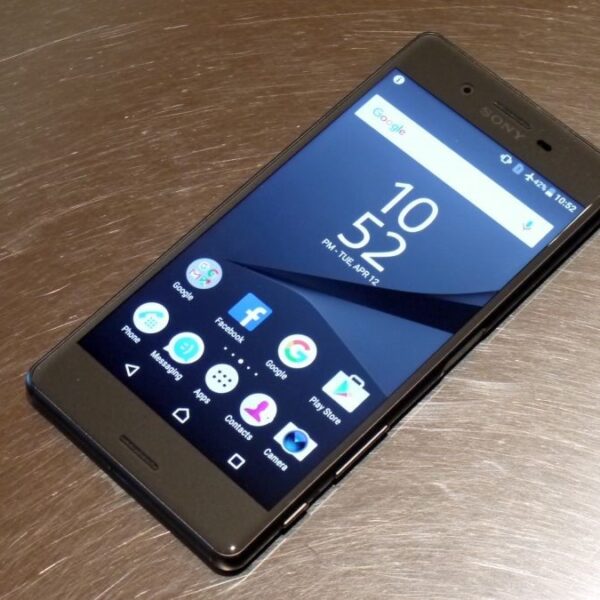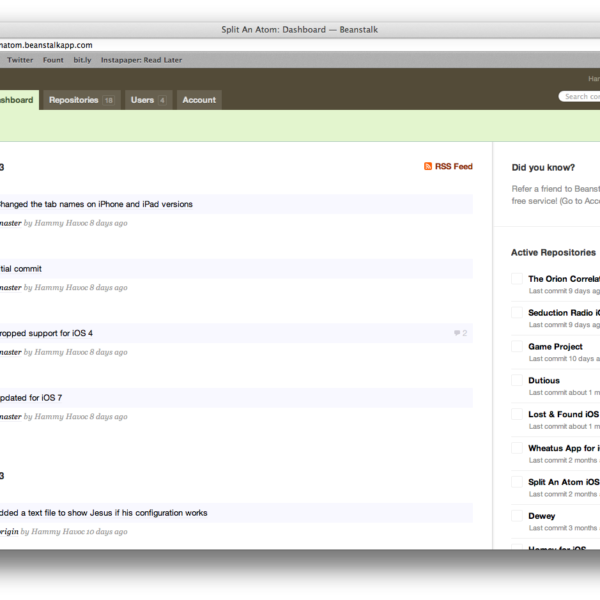Most patients want to spend the shortest amount of time possible in the hospital. With hospital errors being the third leading cause of death in the US and hospital infections ranking in the top five, it’s easy to see why. Having to be institutionalized in a nursing home isn’t much of a popular option either, with most elderly people preferring to stay at home, although 95% worry that the remote monitoring technology of today isn’t advanced enough in order to predict a potential disaster and alert a monitoring provider in time. However, we beg to differ. We’ve put together a list of potential medical product design game changers in the field of mobile health technology that could revolutionize patient care.
An ECG in Your Pocket
A potential game changer for cardiology, the AliveCor heart monitor and companion smartphone app records accurate ECGs and heart rates in thirty seconds. It is able to monitor the effects of different mediations, track symptoms including heart palpitations and shortness of breath and record the cardiac effects of caffeine or alcohol consumption. The device is also able to track activities such as exercise or sleep, meaning that people with conditions such as cardiac arrhythmia or atrial fibrillation are able to send their symptoms wirelessly to their physician without having to take a day off work or visit the ER.
Remote Monitoring
AirStrip is a device that allows health professionals to remotely monitor an inpatient’s vital signs. Consisting of a range of different software, services and hardware, the device is able to retrieve and display a patient’s body temperature, blood pressure, ultrasounds, labs, radiographs, CT scans, medications and even more on a doctor’s tablet or smartphone when connected up to hospital monitoring equipment. This device facilitates data analysis and allows doctors to remotely communicate with a care team, making it an all-purpose tool for effective patient monitoring. One day, a system such as this is predicted to move out of the hospital and into the home.
Asthma and COPD Symptom Tracking
Patients suffering from asthma or chronic obstructive pulmonary disease (COPD) should use a diary to record their symptoms, triggers, and use of medication. However, remembering to jot everything down in a diary can be a hassle, and few actually do so. Propeller Health has come up with a solution that could easily be a game-changer, in the form of a device that fits onto an inhaler and syncs wirelessly with a smartphone app in order to record trending data. When they open the app, patients are then offered a range of feedback and information on how to improve the control of their asthma or their COPD status. The device also allows for data to be shared wirelessly with the patient’s healthcare provider, who is able to use the information to give advice and make changes such as different medications.
Check out DeviceLab for more information on innovative medical devices! If you use a medical device or have benefitted from the use of one in the past, we’d love to hear from you!
Photo 




Like this article? Share with your friends!